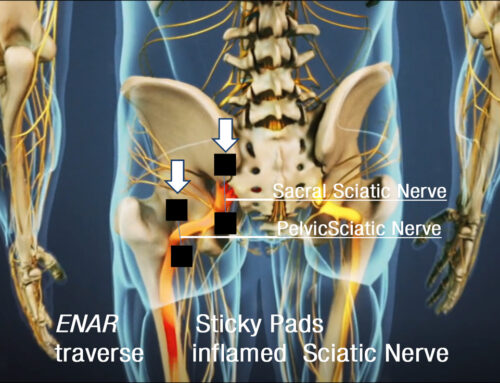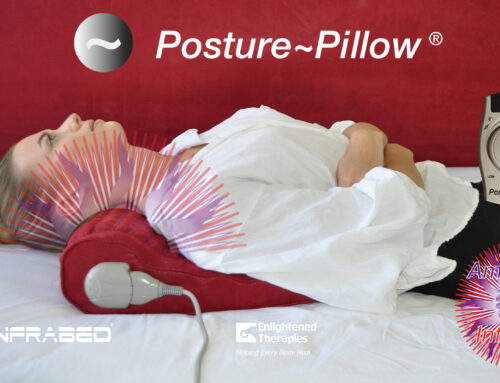People with low body temperature have a weak reaction to even the most ideal medicines and therapies.
Every process that goes on inside our bodies requires energy – specifically, metabolic energy. When the body does not have enough energy to function properly, each component of the body will malfunction in its own unique way. The body needs energy to keep itself warm – a low body temperature, therefore, usually accompanies low metabolic energy.
Dr David Jernigan is a Doctor of Chiropractic, Pharmacist and Nutrionist and Natural Medicine specialist author, researcher, and physician director at Hansa Center for Optimum Health, in Wichita, Kansas, a health centre specializing in chronic, non-responsive illnesses. Who writes…. “Much emphasis in conventional medicine is often placed upon feverish conditions; however, a low body temperature can be a much more sinister condition. Where a fever can be viewed as an active developmental and corrective process of the healthy body, then a low body temperature can never be viewed as a normal or healthy condition, nor is it a mechanism for a learning or developmental process in the body. “A low body temperature creates a happy home for viruses and chronic infections, and is a sign of degeneration and gradual cellular death. The problem with a low core temperature is that no effective immune response can be mounted therefore no fever is generated and infections go undetected.
“Low body temperature is the plague of the 21st century. People with low body temperature have a weak reaction to even the most ideal medicines and therapies” says Dr Jernigan.
“Chronic Fatigue Syndrome, and low body temperatures, are symptoms of mitochondrial failure. As the body’s core temperature decreases cellular energy also decreases thereby leading to profound and chronic fatigue that is not relieved by sleep. The normal functions of maintenance, repair and cleansing are slowed and problems develop when body temperatures drop below normal. When temperature is low, the body cannot maintain its homeostasis / balance in the way it was designed. Actions of enzymes, vitamins, minerals, essential body chemicals become “depressed”. “The laws of thermo-dynamics state that if we decrease energy we decrease temperature. The process of energy production leads to heat. It is this heat that keeps the body warm. When resting, body processes produce enough heat to keep the body at its set temperature. This process of heat generation occurs due to metabolism. It is here the relationship between low body temperature and thyroid comes into the picture for example. Other factors include being unwell, and getting older. ‘Persistently low temperatures typically come on or worsen after severe stressors such as childbirth, divorce, death of a loved one, job or family stress, surgery or accidents. The body slows down and the body temperature drops in response to our ill-health, to physical and emotional stress, and to weariness and its supposed to recover once the stress is over, but sometimes it doesn’t.” says Dr Jernigan


